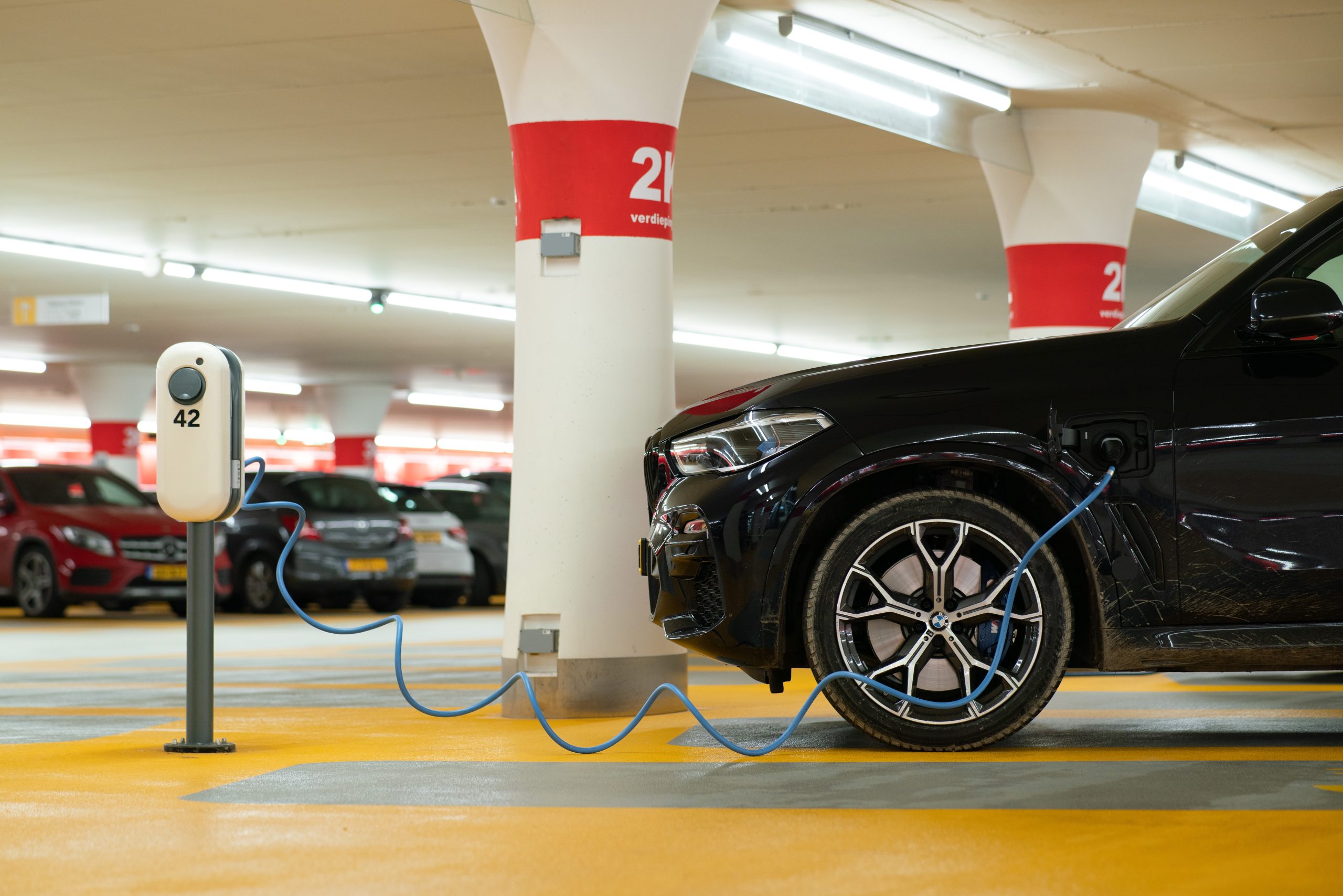Electric cars have been hailed as the future of transportation, promising to reduce emissions and save the environment. With governments around the world encouraging the adoption of electric vehicles (EVs), it seems like the transition to all-electric cars is inevitable. However, despite the hype, the mass adoption of electric cars may not happen as quickly as some people expect.
One of the main barriers to electric car adoption is cost. Although the cost of electric cars has been declining over the years, they are still significantly more expensive than their gasoline counterparts. The high price of electric cars is largely due to the high cost of batteries, which are the most expensive component of an electric car. Despite the fact that battery prices have been decreasing, they are still prohibitively expensive for many consumers.
Another barrier to electric car adoption is range anxiety. Many consumers are concerned about the limited range of electric cars, which can make long-distance travel difficult. Although newer electric cars are capable of traveling further than ever before, their range is still limited compared to traditional gasoline-powered cars. This means that consumers who regularly travel long distances may be hesitant to switch to electric cars until they can travel further on a single charge.
In addition to cost and range anxiety, there are also concerns about the availability of charging infrastructure. Unlike gas stations, which are ubiquitous, charging stations are still relatively scarce. This means that consumers who live in areas with limited charging infrastructure may be hesitant to switch to electric cars.
Furthermore, electric cars are not suitable for everyone. For people who live in apartments or condos, charging an electric car can be difficult or impossible. In addition, people who need to tow heavy loads or drive off-road may find that electric cars do not meet their needs.
Finally, there is the issue of consumer awareness. Despite the fact that electric cars have been on the market for several years, many consumers are still unaware of their benefits and drawbacks. Many people still believe that electric cars are not as reliable or as safe as traditional gasoline-powered cars. Until consumers become more educated about electric cars, their adoption may remain slow.
In conclusion, although electric cars have the potential to revolutionize the transportation industry, their mass adoption may not happen as quickly as some people expect. The high cost of electric cars, limited range, lack of charging infrastructure, suitability for some consumers, and consumer awareness are all barriers to adoption that must be addressed. Nevertheless, as technology improves and costs continue to decline, electric cars are likely to become more mainstream.




